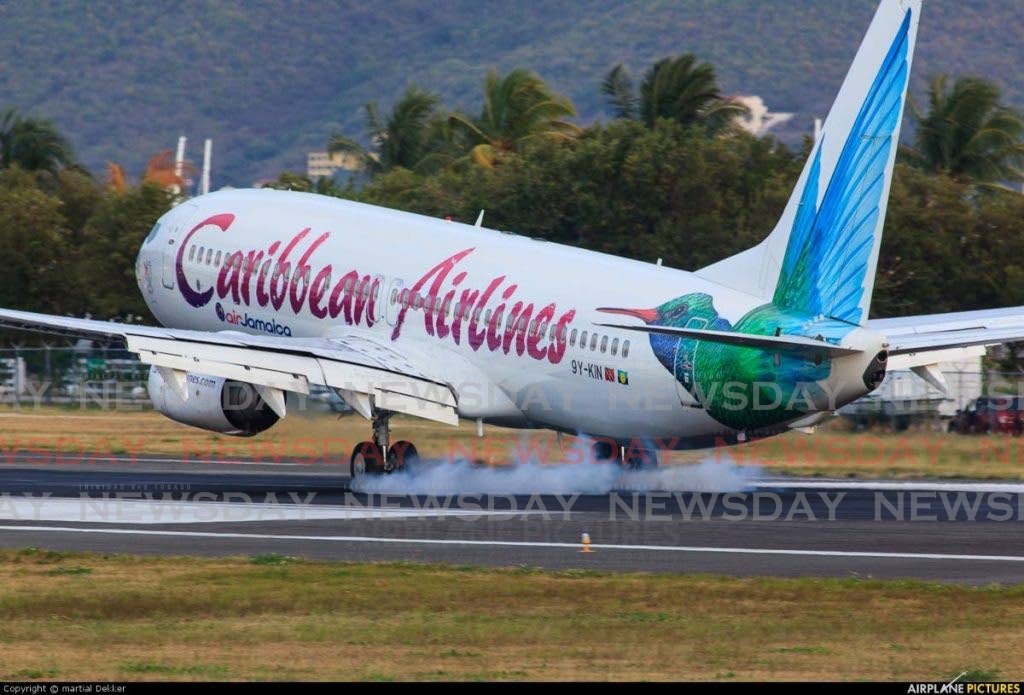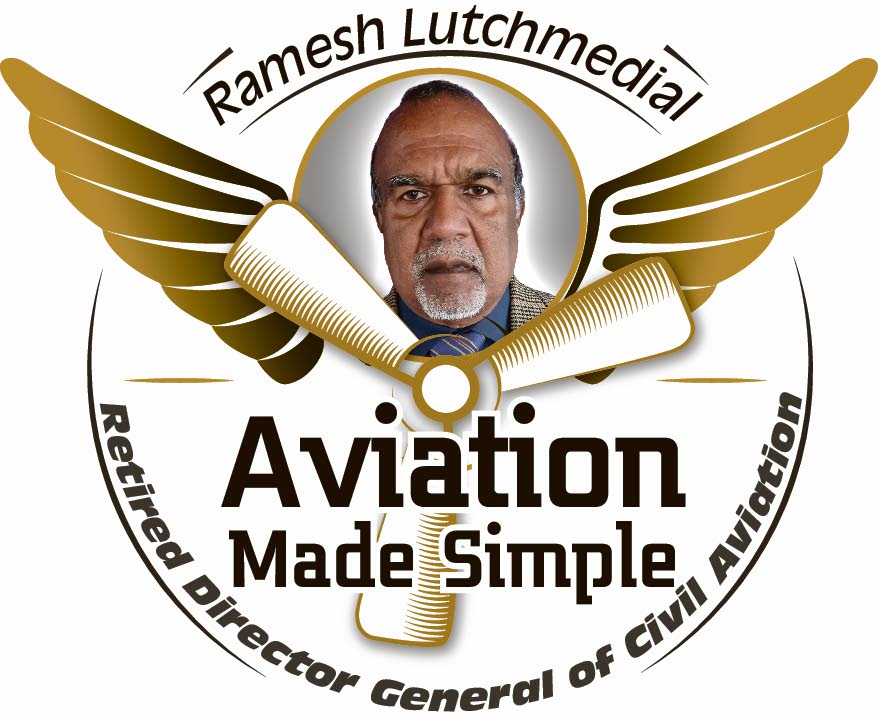Code-sharing in the airline industry

In 1967 Richard Henson partnered his Hagerstown commuter airline with Allegheny Airlines in the first known code-share-type arrangement.
The term "code-sharing" was coined by the Australian Qantas and American Airlines in 1990, when the two airlines provided their first code-share flights between Australian and US cities.
Since then, code-sharing has become widespread in the airline industry, particularly with the formation of large alliances such as Star Alliance, SkyTeam and One World. These alliances have extensive code-sharing networks.
In a code-sharing arrangement, airlines share their two-letter IATA identification codes on the flight schedules of other airlines, allowing them to sell tickets to destinations they do not fly to.
In this way, flights can be marketed by one airline, known as the marketing airline, and operated by another airline, known as the operating airline. There are different types of code-sharing arrangements, and airlines choose the one that best fits their business models. Several airlines can code-share simultaneously on the same flight.
Code-sharing has become a vital marketing tool, as it increases connectivity by enabling airlines to offer numerous destinations with a wider choice of flights to passengers with minimal additional equipment, resources and costs. It is very advantageous, through economies of scale and economies of scope.
Code-sharing must conform to the requirements stipulated by governments, bilateral air service agreements (BASA) and airline trade organisations such as the International Air Transport Association (IATA).
A US airline can only code-share with a foreign airline that has an air operator certificate (AOC) issued by an FAA IASA (Federal Aviation Administration International Aviation Safety Assessment) Category 1 country.
IATA only recognises code-share agreements between airlines that are IATA members and are registered by IATA under its Operational Safety Audit (IOSA) programme. IOSA is an internationally recognised and accepted evaluation system designed to assess the operational management and control systems of an airline, and is the benchmark for global safety management in airlines. All IATA members must remain IOSA-registered to maintain IATA membership.

In order for Caribbean Airlines Ltd (CAL), as a foreign airline, to code-share with a US airline, prior approval is required from the US Department of Transportation (DOT) in the form of a statement of authorisation under the DOT’s economic regulations, 14 CFR Part 212. The DOT approves the application if it determines it is in the public interest to do so.
CAL does not fly to Los Angeles (LAX), but a code-share agreement between CAL and Delta Airlines (DL) will allow CAL to sell tickets from Port of Spain (POS) to LAX. CAL will transport passengers to New York and the passengers will travel onward to LAX on a DL flight that will carry both the DL flight number and the CAL flight number.
Likewise, CAL can sell tickets from LAX to POS and the passengers will travel from LAX to New York on a DL flight that will carry both the DL and CAL airline codes and onward to POS on a CAL flight.
Some BASAs, such as the one between TT and India, restrict code-sharing only to the airlines of the states party to the agreement. Therefore, CAL cannot enter into a code-share agreement with British Airways to fly from TT to New Delhi via London. CAL can only code-share with Indian Airlines.
On the other hand, the TT/US open-skies BASA allows code-sharing arrangements with an airline or airlines of a third country. For the purposes of clarity, CAL can code-share with Suriname Airways as a third-country airline to operate code-share flights from POS to Miami under the TT/US BASA.
The online booking engines of airlines will indicate to passengers the sectors of a journey that are code-shared and indicate the name of the airline/s.
On a code-share flight, the itinerary will show the code-share airline with a notation "operated by." A passenger ticket for an AA flight operated by DL will state "operated by Delta Airlines." Passengers must be aware of the code-share airlines during their journey so that the relevant airline can be contacted for assistance if any difficulties are encountered while travelling
TT is an FAA IASA Category 1 country. There is a TT/US open-skies BASA. The TT/UK BASA permits code-sharing between CAL and UK airlines, including British Airways. CAL is registered and current with IATA as an IOSA-approved member airline. CAL has creative, innovative and entrepreneurial marketing leadership.
CAL has made attempts to code-share with some US airlines to domestic destination cities with a potential airlift demand to the Caribbean based on social, trade, tourism and diasporic considerations.
However, the demands by the US airlines for guaranteed minimum seats on the code-sharing flights were justifiably unacceptable to CAL.
The opportunities for CAL to code-share with airlines such as British Airways and China Airways to destinations in Europe and the Far East are limited by the lack of sufficient BASAs with countries in those regions.
At present, there is a BASA with India. In 2014 a TT delegation visited China and negotiated a draft TT/China BASA. This is yet to be finalised and signed.
CAL’s participation in an airline alliance such as Star Alliance, SkyTeam or One World would be value-creating.


Comments
"Code-sharing in the airline industry"